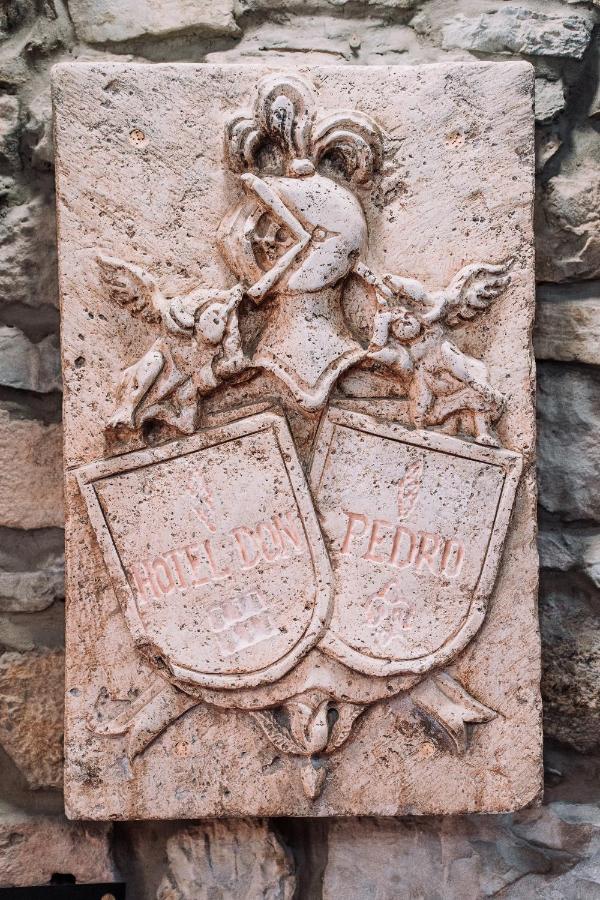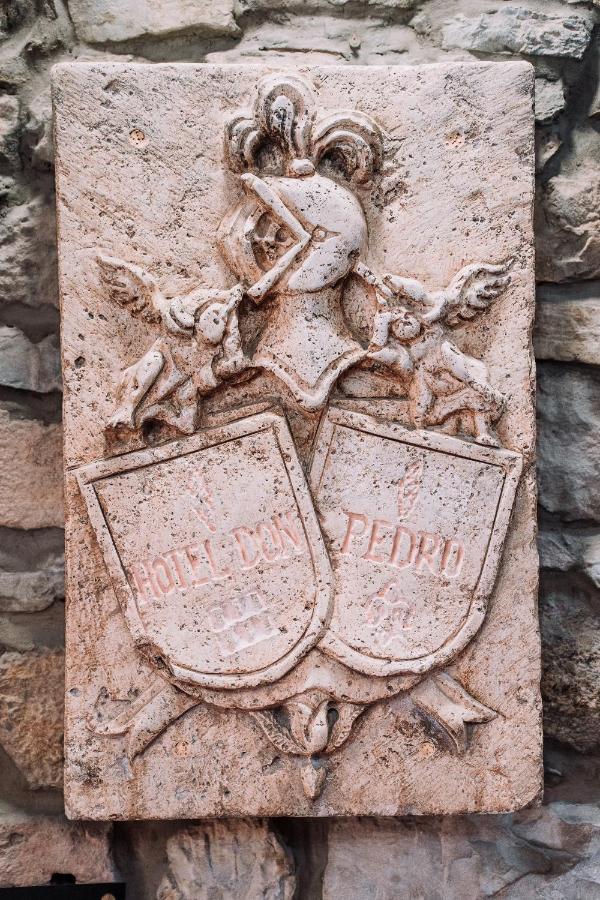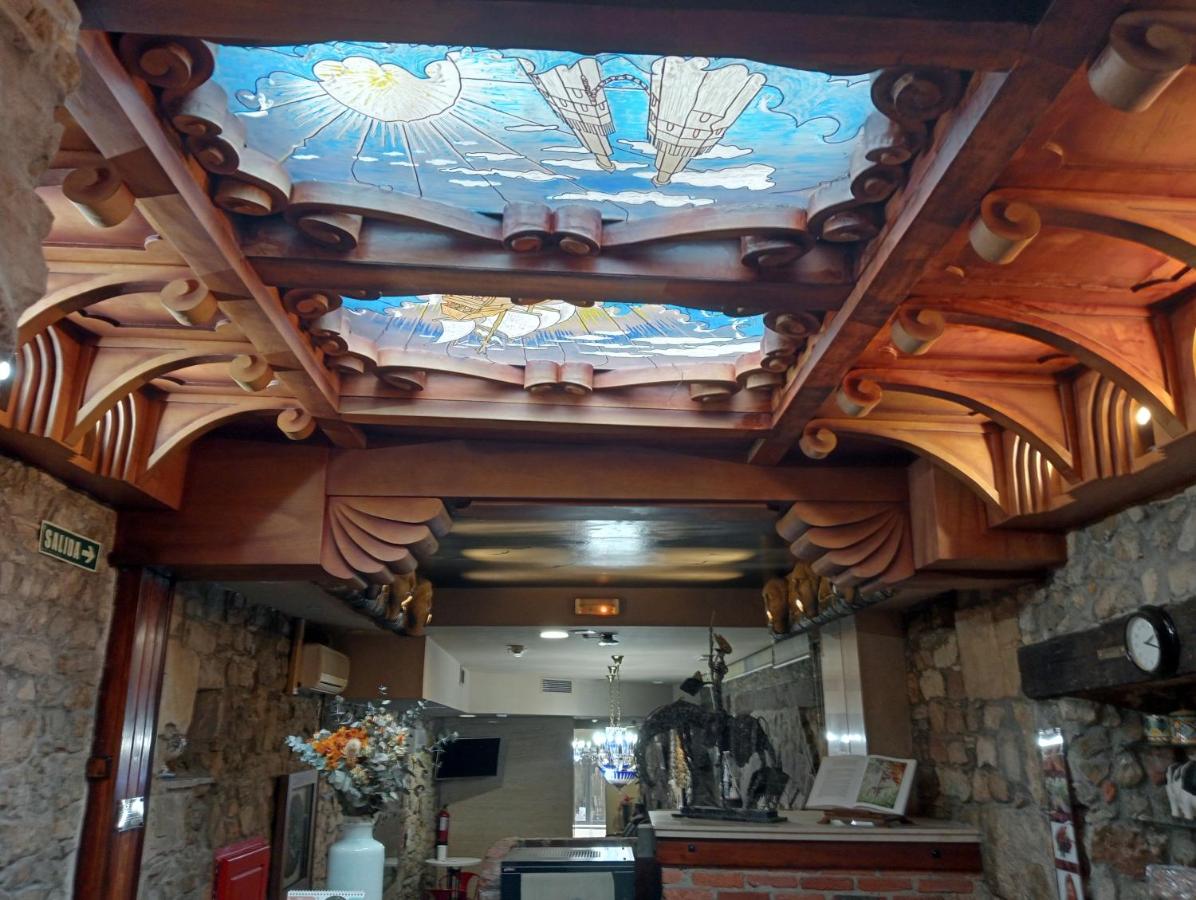Hotel “Don Pedro” ensures a warm welcome for its guests, with a special request to notify the reception in case of late arrivals after 23:30. Guests can easily convey their arrival time during the booking process by utilizing the Comments Box or by reaching out directly to the hotel through the contact details provided in the Booking Confirmation. To enhance the comfort and cleanliness of your stay, the hotel offers daily towel replacements and changes bed linen every two days, guaranteeing a refreshing experience throughout your visit.








The Legacy of Don Pedro, a Historical Influence
The legacy of Don Pedro, particularly Don Pedro I of Brazil, is a compelling narrative of transformation and influence that reverberates through the annals of Brazilian history and beyond. As a pivotal figure in the early 19th century, his role in the declaration of Brazil’s independence from Portuguese colonial rule in 1822 marks a significant moment not only for the country but for the broader context of Latin American independence movements. This turning point, where he proclaimed “Independência ou Morte!” heralded a new era, showcasing his ability to navigate complex political landscapes with both courage and strategic vision. Don Pedro’s subsequent reign as the first Emperor of Brazil was characterized by efforts to modernize the nation, instill a sense of national identity, and foster economic development. His establishment of constitutional monarchy laid foundational principles that would influence future governance in Latin America. Furthermore, Don Pedro’s personal struggle and eventual abdication in 1831 reflect themes of personal sacrifice and the challenge of leadership, which resonate in historical narratives to this day. His legacy is preserved not only through the political structures he established but also through cultural symbols, such as statues and public celebrations, that honor his contributions to Brazilian identity. In a broader context, Don Pedro’s influence reaches into contemporary discussions about sovereignty, identity, and governance in former colonies, illustrating how his historical actions continue to inspire debates around nationalism and democracy in the region today.
- Political Transformation: Don Pedro’s role in Brazil’s independence laid the groundwork for a new nation.
- Cultural Impact: His legacy continues to shape Brazilian identity and nationalism.
- Influence on Leadership: The challenges he faced as a leader offer insights into contemporary governance.
The Legacy of Don Pedro, A Historical Figure
Don Pedro, often revered as a pivotal figure in the history of Brazil, stands as a testament to the complexities of leadership and national identity during a tumultuous era. Born in Portugal in 1798, he was the son of King João VI and displayed a remarkable acumen for politics and military strategy from an early age. His legacy is intricately tied to Brazil’s quest for independence from Portuguese rule. In 1822, when faced with the ultimatum of the Portuguese crown to return to Portugal or cease his position in Brazil, he famously declared, “Independência ou Morte!”—a proclamation that resonated deeply with the Brazilian populace and sparked a movement for autonomy. Don Pedro’s subsequent establishment of the Brazilian Empire marked the beginning of a new chapter in Latin American history, characterized by attempts at modernization and governance that sought to unify a culturally diverse nation.
His reign, however, was not without challenges; political instability and regional conflicts constantly tested his leadership. Despite these difficulties, Don Pedro is credited with various reforms, including the abolition of slavery in 1888 and the promotion of civil liberties, laying the groundwork for Brazil’s future democratic developments. His decision to abdicate the throne in 1831 in favor of his son, Don Pedro II, demonstrated a rare sense of foresight and commitment to the nation, allowing for a smoother transition of power. Today, the legacy of Don Pedro is celebrated within Brazil, where he is often seen as a symbol of the struggle for independence and national pride. His complex character and multifaceted contributions continue to be the subject of historical analysis, reflecting the enduring impact of his leadership. The commemoration of his achievements is evident in numerous monuments and historical sites across Brazil, serving as a constant reminder of his role in shaping the nation’s destiny. Ultimately, the legacy of Don Pedro is a rich tapestry woven with threads of ambition, conflict, and the unwavering pursuit of a unified Brazilian identity.
- Born: 1798
- Independent Declaration: 1822
- Established: Brazilian Empire
- Abdication: 1831
- Legacy: Symbol of independence and unity